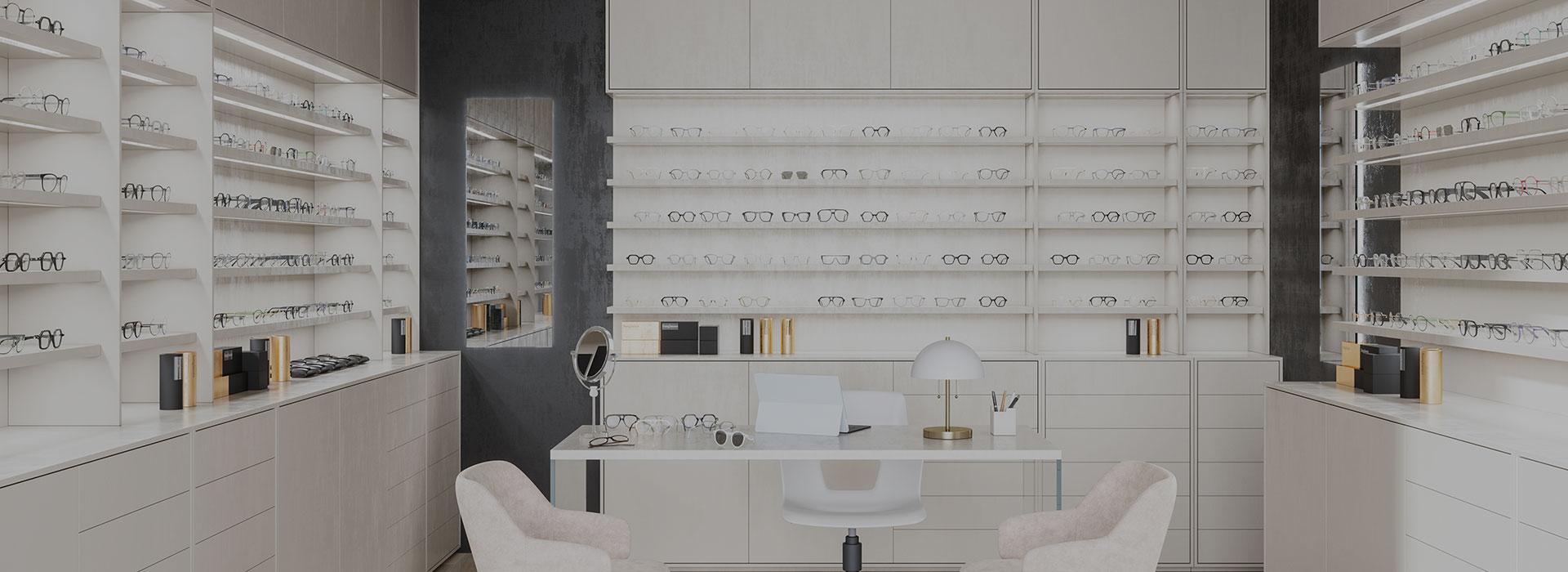Myopia, or nearsightedness, is a condition where distant objects appear blurry while close objects are clear. It occurs when the eye grows too long or the cornea has too much curvature. Myopia often begins in childhood and can worsen over time, increasing the risk of serious eye conditions. Our myopia control program helps slow progression and protect your child’s vision for the future.
Why Early Intervention Matters
Slowing myopia in childhood helps reduce long-term risks and can greatly improve quality of life. By managing progression early, we aim to preserve not just how clearly your child sees today, but also how healthy their eyes remain in the future.
Treatment Options We Offer
We create a customized myopia control plan based on your child’s needs, lifestyle, and eye health. Options may include:
1. Orthokeratology (Ortho-K) for Myopia Control
Orthokeratology, also known as Ortho-K, is a highly effective myopia control option offered by optometrists in Canada. These custom-designed rigid gas-permeable lenses are worn overnight to gently reshape the cornea, providing clear daytime vision without glasses or contacts. Ortho-K not only corrects vision temporarily but also slows the progression of childhood myopia, making it an excellent non-surgical treatment for active kids and teens.
2. MiyoSmart Lenses for Myopia Control
MiyoSmart lenses are award-winning myopia control glasses specifically designed for children. Developed with D.I.M.S. (Defocus Incorporated Multiple Segments) technology, these lenses not only correct vision but also slow down the progression of myopia by targeting peripheral defocus, a key factor in eye elongation. MiyoSmart lenses look just like regular eyeglasses and are an excellent option for children who may not be ready for contact lenses or eye drops. Backed by clinical studies and approved by Health Canada, MiyoSmart is a convenient, non-invasive solution offered by many optometrists across Canada for effective long-term myopia management.
3. Atropine Eye Drops
Low-dose atropine eye drops are a proven and widely recommended treatment for controlling myopia in children. Applied once nightly, these drops help slow down the elongation of the eye, which causes nearsightedness to worsen. This method is safe, effective, and often used alongside glasses or contact lenses. Atropine therapy is supported by research and is commonly prescribed by pediatric optometrists in Canada to manage progressive myopia.
4. Lifestyle advice
In addition to clinical treatments, Canadian optometrists emphasize lifestyle and visual hygiene as part of a complete myopia control plan. Encouraging children to spend more time outdoors, limit screen time, take regular breaks from close-up activities, and maintain good posture can help reduce the risk of rapid myopia progression. These simple but powerful habits support healthier vision and complement other treatment options.


